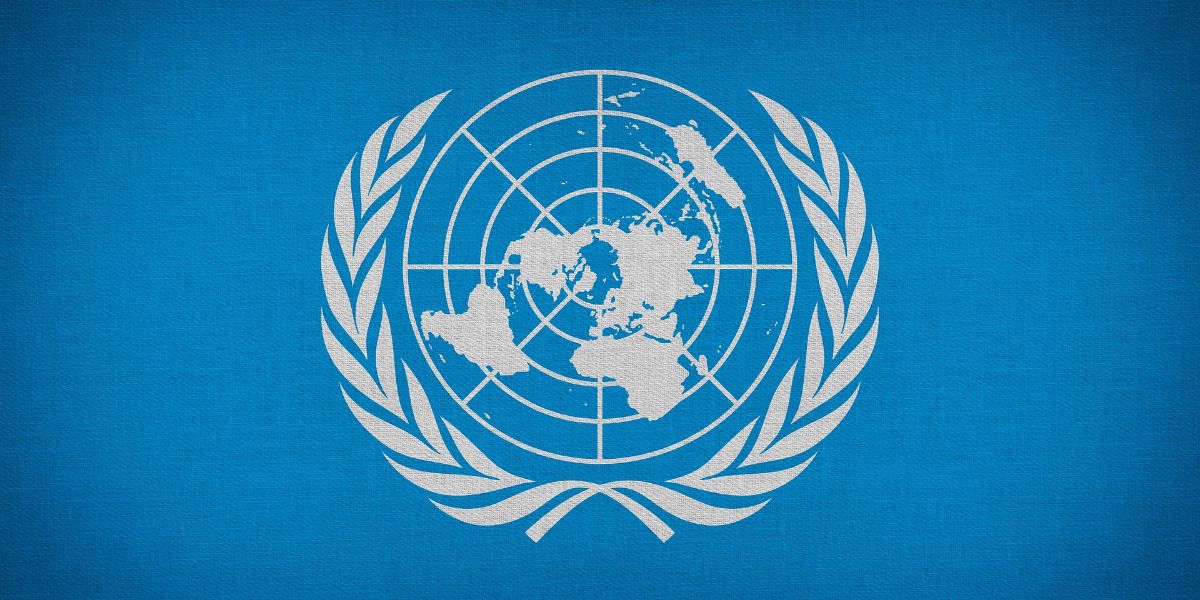The UN’s Resolution A/C.2/78/L.18/Rev.1, proposed by Nigeria, represents a critical stride in establishing a UN Framework Convention on International Tax Cooperation. It confronts longstanding disparities born from decades of OECD-dominated tax norms, which have led to revenue losses due to exploitative tax treaties and revealed illicit financial flows.
This resolution builds upon initiatives such as the Addis Ababa Action Agenda and the OECD’s Inclusive Framework on BEPS, aiming to overhaul international tax cooperation. It proposes an intergovernmental committee to shape the Convention’s terms by August 2024. Prior to voting, the UK proposed an amendment aiming to shift this to a non-binding framework, which was rejected.
Support (125 in favour, 48 against, 9 abstentions) predominantly arose from African, Asian, Latin American, and BRICS nations advocating for revised tax regulations. Conversely, OECD countries and the US leaned toward non-binding frameworks, expressing concerns about duplicating OECD efforts. This resolution signifies a pivotal shift toward a more equitable global fiscal regime.













